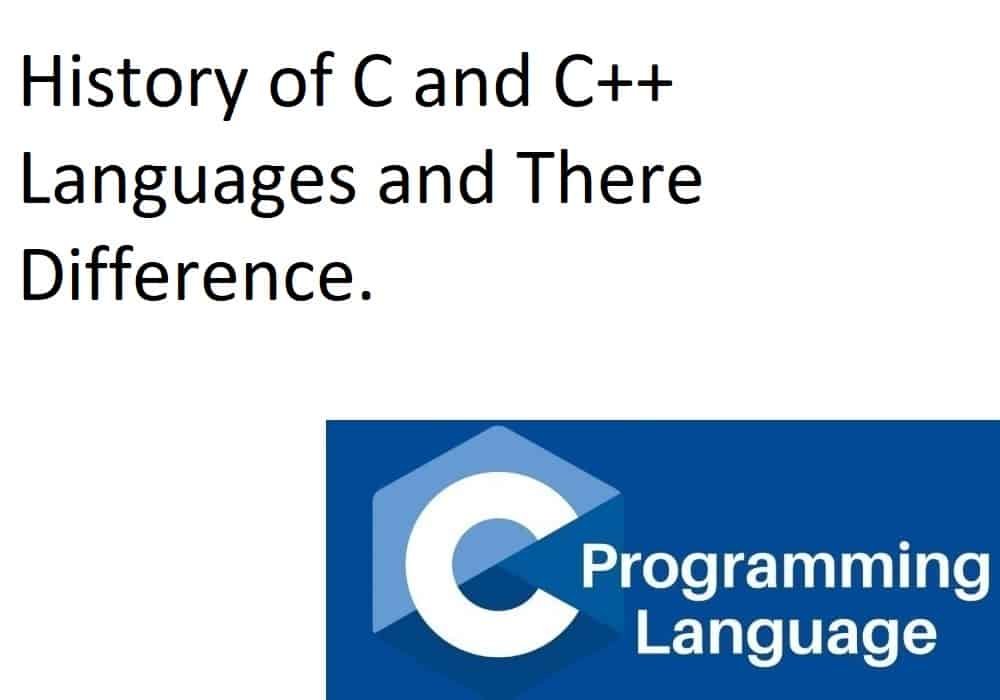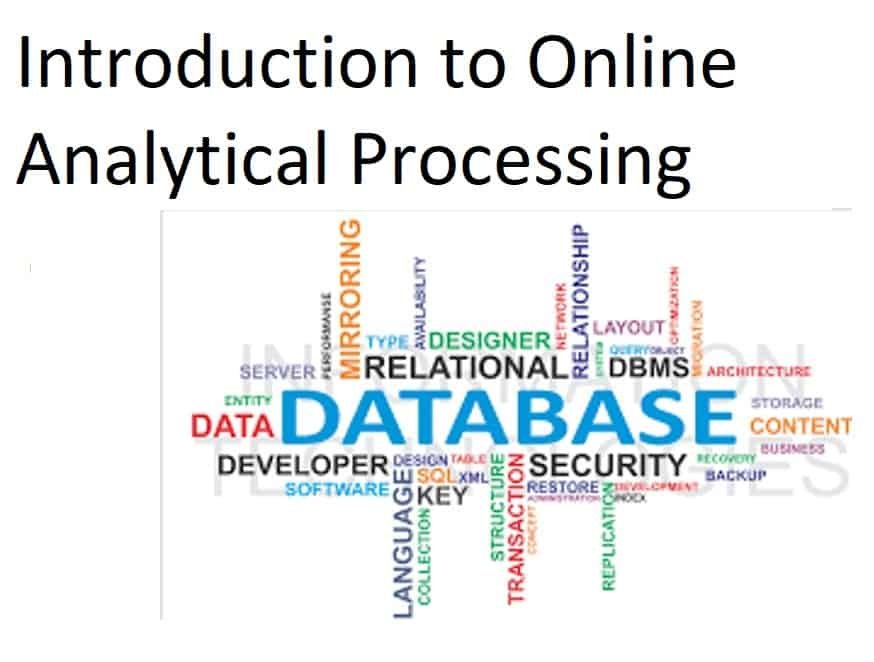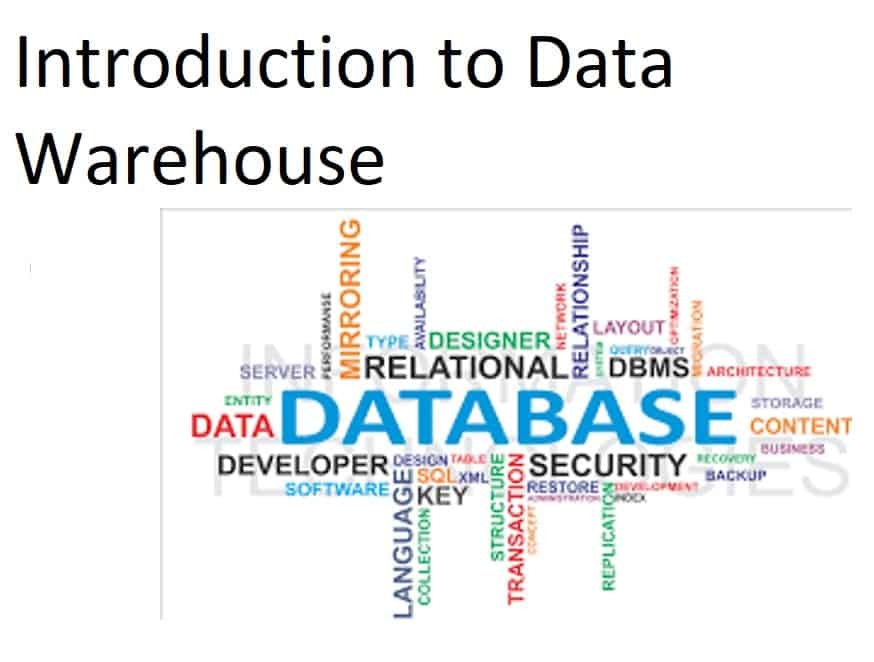How to Start Blogging in 2024 and Start Earning
Are you looking to start a blog and earn money in 2024? Blogging has become a popular way to share your thoughts, expertise, and interests with the world while also generating income. Whether you want to pursue blogging as a hobby or turn it into a full-time career, this guide will help you get started … Read more






